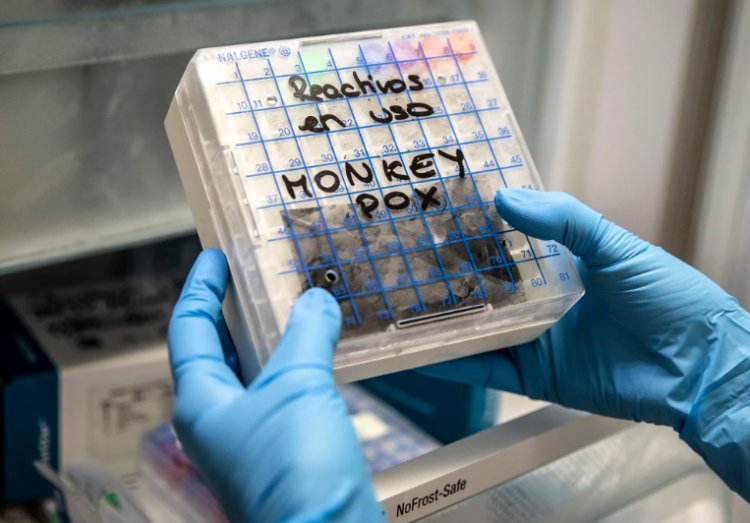WHO Warns Of Increased Spread Of Monkeypox As Over 1000 Cases Reported From Non-endemic Countries
The WHO has confirmed over a thousand cases of monkeypox in non-endemic countries, raising awareness of the possibility of the disease spreading further.

Tedros Adhanom Ghebreyesus, the head of the World Health Organization, said the UN health agency was not proposing mass immunization against the virus and that no deaths had been documented as a result of the outbreaks so far.
"More than 1,000 confirmed cases of monkeypox have now been reported to WHO from 29 countries that are not endemic for the disease," Tedros said.
"So far, no deaths have been reported in these countries. Cases have been reported mainly, but not only, among men who have sex with men.”
"The risk of monkeypox becoming established in non-endemic countries is real," Tedros told a press conference.
The zoonotic disease is endemic in humans in nine African nations, but outbreaks have been detected in numerous additional countries in the last month, especially in Europe, including the United Kingdom, Spain, and Portugal.
"Some countries are now beginning to report cases of apparent community transmission, including some cases in women."
Greece became the latest country to confirm its first case of the infection on Wednesday, with health officials stating that it involved a man who had just been to Portugal and was in a stable condition in hospital.
He speculated that the monkeypox's rapid and unexpected arrival outside of endemic nations indicated that there had been undiscovered transmission for some time but that the length of time was unknown.
In a non-endemic nation, one incidence of monkeypox is considered an epidemic.
Tedros noted that the virus had been circulating and killing in Africa for decades, with over 1,400 suspected cases and 66 deaths so far this year. Vaccines are being used to protect those who may be exposed, including healthcare professionals, in the limited regions where they are available.
"The communities that live with the threat of this virus every day deserve the same concern, care, and access to tools to protect themselves," he said.
He also mentioned that post-exposure immunization, ideally within four days, could be considered for higher-risk close contacts, including sexual partners or household members.
Tedros stated that the WHO will release recommendations on clinical care, infection prevention and control, vaccination, and community protection in the coming days.
People with symptoms should stay at home and visit a health professional, according to him, while members of the same household should avoid close contact.
The smallpox vaccine, according to Sylvie Briand, the WHO's director of epidemic and pandemic preparedness and prevention, might be used with excellent efficiency against monkeypox, a related orthopoxvirus.
The WHO is seeking to figure out how many dosages are now accessible and how much production and distribution capacity producers have.


























